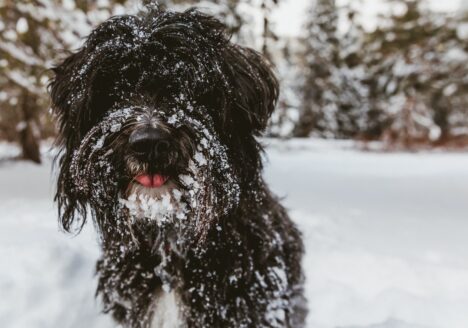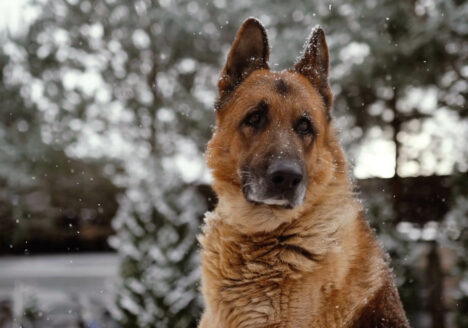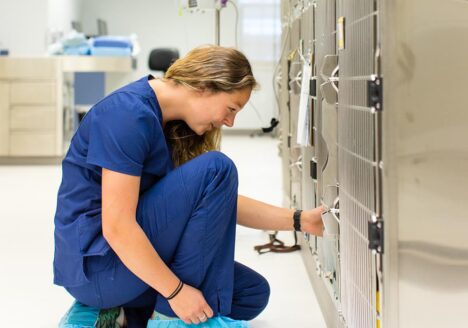The holidays are a time for family, friends, and feasts, but while we gather to enjoy delicious food, it’s important to remember that some of the items on our plates can pose serious risks to our pets.
Sharing Foods with your Pets
Sharing the holiday feast with your furry companions might seem tempting, but it can lead to unwanted trips to the emergency vet. Here’s what you need to know to keep your pets safe this season.
Foods to Avoid Sharing with Pets
- Turkey and Turkey Bones:
While turkey may seem like a harmless treat, it can cause serious health issues for pets. Turkey skin and dark meat are high in fat and can lead to pancreatitis, a painful and potentially life-threatening condition. Even lean, cooked white meat should be given in moderation, and never share turkey bones, as they can splinter and cause blockages or perforations in the intestines. - Mashed Potatoes:
Potatoes on their own are safe, but the butter, milk, garlic, and onions often added to mashed potatoes can be harmful. Garlic and onions are toxic to pets, and rich, fatty foods increase the risk of pancreatitis. - Grapes and Raisins:
These can cause kidney failure in pets. Keep them, along with any dishes that include them, far away from your furry friends. - Bread Dough:
Raw dough expands in the stomach and can cause bloat, a life-threatening condition. Additionally, the yeast in dough can ferment, leading to alcohol poisoning. - Rich or Creamy Foods:
Dishes loaded with butter, cream, or sauces should be off-limits to pets. These high-fat foods can cause stomach upset or more severe problems like pancreatitis. - Candy needs to be kept in non-sniffable, paw-protected spaces. Around the holidays, these treats often arrive in holiday gift bags or stockings. Read this blog for a refresher on what to watch out for with pets and candies.
Safe Foods to Share (in Moderation)
While it’s best to avoid giving pets table scraps, there are a few foods that can be safely shared in small amounts:
- Cooked, plain vegetables like peas, carrots, and green beans.
- Pumpkin (without added sugar or spices) can be a tasty treat with health benefits.
- Small pieces of lean turkey meat (white meat without skin, grease, or seasonings) can be shared sparingly
Remember, moderation is key. Even these safe foods should be given in limited amounts to avoid upset stomachs or other complications.
If you aren’t sure if a food is safe to feed your pet, then it’s best not to share that item with them. Instead choose to give them a pet-specific treat, and celebrate with safety.
What to Do If Your Pet Eats Something They Shouldn’t
Accidents happen, and if your pet does manage to sneak a dangerous treat, it’s crucial to act quickly. If you notice signs of distress—such as vomiting, diarrhea, lethargy, or difficulty breathing—contact your veterinarian or local emergency animal hospital immediately. In some cases, quick intervention can be life-saving.
Enjoy the Holiday While Keeping Your Pets Safe
This is a wonderful time of year to share with loved ones, including your pets, but remember that not all human foods are safe for animals. Stick to pet-friendly treats or their usual diet, and store food out of reach to prevent any unplanned snacking. If in doubt, it’s always best to err on the side of caution. By following these tips, you can ensure a safe and happy holiday for both you and your furry companions.


